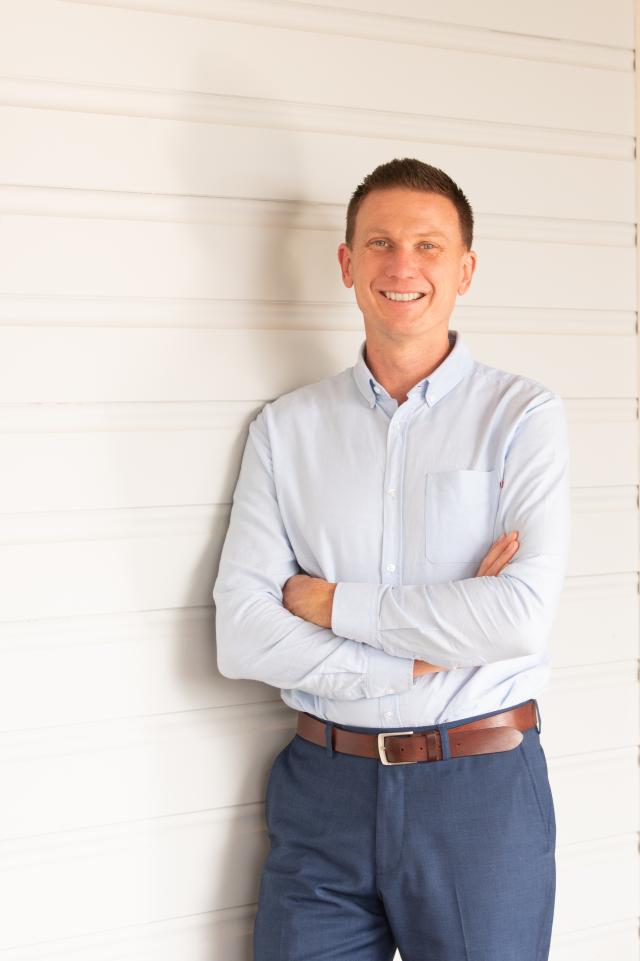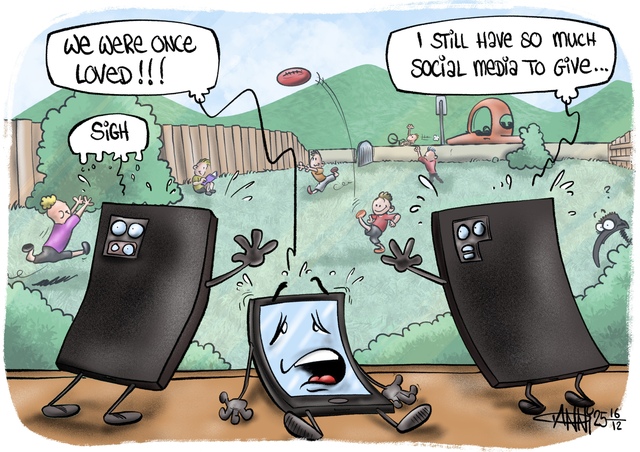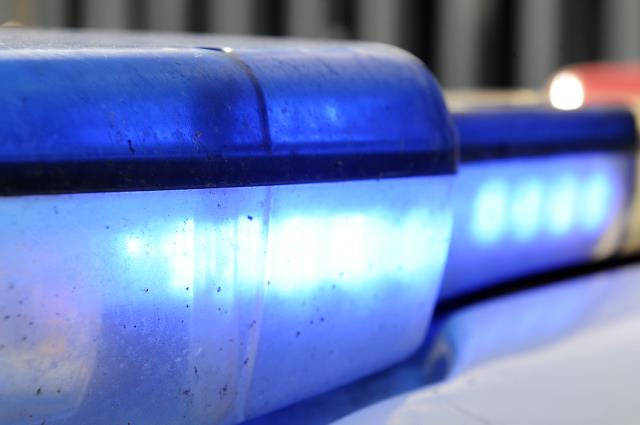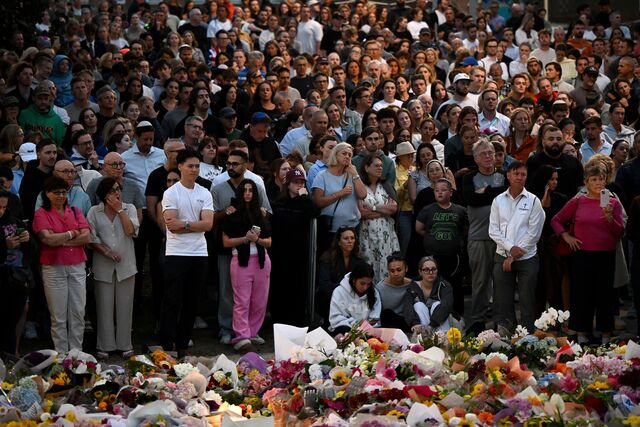Natural Disaster Recovery Consultant David Younger visited Olinda Community House on Friday 8 July to assist with recovery just over one year on from 2021’s June storm event.
Mr Younger has partnered with communities, agencies, local governments including Yarra Ranges Council and state governments across Australia to help communities after natural disasters and emergencies.
“I talk about common effects after a severe weather event or after a natural disaster… and the background to say that each community is different and each natural disaster or severe weather event has its own unique features; but there are some common or key effects that we see after every event,” Mr Younger said.
“My aim is to help people become aware of what those effects are, to try to prevent some of the unfortunate things that can happen to people further down the track as part of their personal recovery journey.”
Mr Younger said one of the key effects of events such as the June 2021 weather event is disruption to normal life.
“For example, rebuilding might not have even begun yet, or maybe for some people it has started, but it’s by no means finished,” Mr Younger said.
Some residents are still in what Mr Younger calls an “endurance mode of stress”; which provides energy for those impacted to persevere and deal with adversity but also leads to fatigue.
“People also identify with loss in various forms; loss financially but also loss of a beautiful landscape, beautiful long trees and features of characteristics of a community they’ve known for a long time, changing,” Mr Younger said.
The first anniversary of the storm event in June 2022 brought with it re-triggering for locals and very strong reactions related to these traumas.
The storm itself left 177 properties damaged and tens of thousand of trees down, leaving thousands without heating and phone or internet connection for weeks.
Mr Younger said Covid-19 also made the impact of last year’s devastation two-fold.
“One aspect has been the impact on the availability of trade and materials to rebuild with and escalating costs,” Mr Younger said.
“So unfortunately, many people are facing a rebuild, it’s going to be a lot more expensive than they had anticipated. And even if they have the financial means, they might find that there are no trades available to start for quite a while.
What I would say is: recovery always takes longer than expected.”
Mr Younger’s work in natural disaster recovery began during the Black Saturday bushfires in 2009 and the clinical psychologist has since gone on to provide advice, training and consultation to professionals following the 2017 Bourke Street tragedy and remote Queensland communities after the 2019 monsoonal event.
“I have learned that Australians and Australian communities have an incredible capacity for resilience and adaptation, and to weather hardship. I’ve also learned that communities that have good connections and relationships recover better than communities that don’t, that are fractured or have lots of problems and challenges tend to recover more slowly.”
I have learned also that communities are becoming more aware of and accepting of the fact we’ve moved into a time of one event after another. And so they’re becoming more interested in how to prepare, because they know that there might be another event not too far around the corner.
At the end of this month, Mr Younger will be in the Lockyer Valley in Brisbane visiting communities impacted by flooding.
There are three tips Mr Younger shared with Dandenong Ranges residents in his visit to Olinda Community House.
“Number one: find the speed or pace of recovery that is right for you and that won’t lead to burnout,” he said.
“Number two would be don’t let recovery, and physical recovery, from the effects of the storm take over your life. Make sure that you keep involvements going in other aspects of your life, like spending time with your partner going out for dinner or taking the kids out for a day trip.”
“Thirdly, if you happen to be finding that you’re still being triggered by weather events like rain and winds and being triggered quite strongly and can’t settle your reactions on your own; I would suggest checking in with a mental health professional to talk through things sooner rather than later.
“The sooner people get to working on things, the easier it is to resolve them rather than leaving it”







